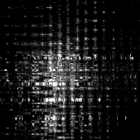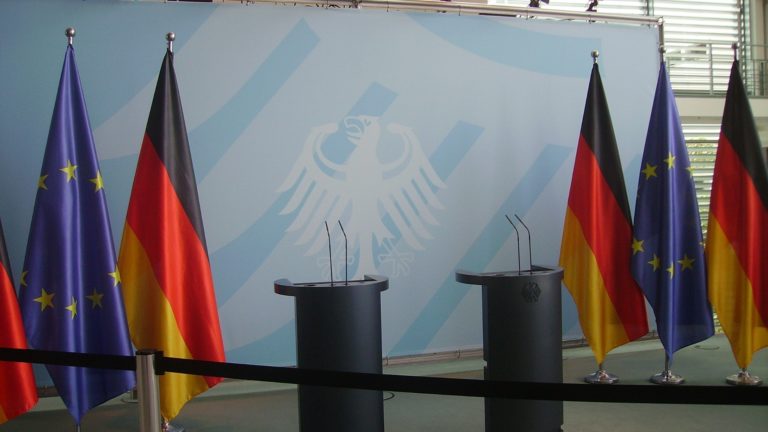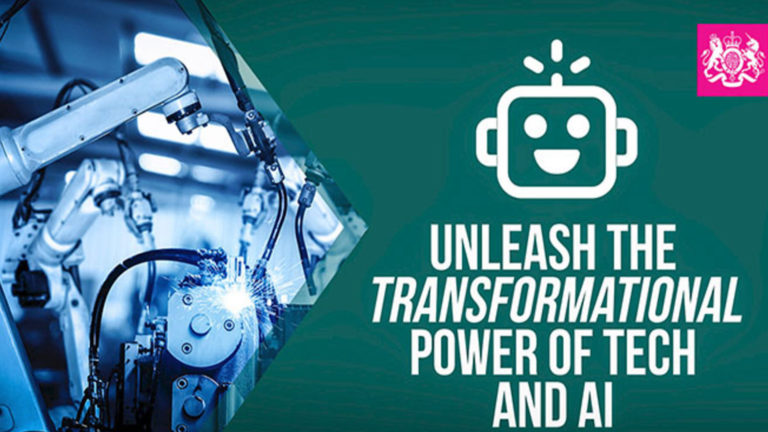Jun 17, 2020 | Srivats Shankar
The Delhi High Court permits the patenting of AI inventions

Jun 17, 2020 | Srivats Shankar
The Delhi High Court permits the patenting of AI inventions
In a recent judgment, Ferid Allani v. Union of India, the Delhi High Court stated that artificial intelligence based inventions can be patented. The Patent Act of 1970, Section 3 prescribes “Inventions That Are Not Patentable.” Among these exclusions is subsection (k) that states “computer [programs] per se” are not patentable. This in many ways allows for rapid innovation in the information technology sector, limiting the scope of computer programs that can be patented automatically.
However, the Delhi High Court in its ruling discussed a patent for a method for accessing “information sources and services” on the Internet. The Indian Patent Appellate Board rejected the patent for the application. However, the petitioner argued that in accordance with the Draft Guidelines for Examination of Computer-Related Inventions, 2013, the invention has a “technical effect” that is sought to be overcome and additionally creates a “technical advancement.”
The court on examining the patent to noted that artificial intelligence is not a computer program per se and therefore is exempt from the scope of the exception. Accordingly, these inventions could be patented and would not be restricted by Section 3 of the Act.

Srivats Shankar | Jan 13, 2019

Srivats Shankar and Maathangi Hariharan | Sep 18, 2018

Srivats Shankar | May 02, 2022
The European Parliament adopted the recommendations of the Special Committee on Artificial Intelligence in the Digital Age providing a roadmap until the year 2030 regarding its impact on climate change, healthcare, and labor relations

Srivats Shankar | Mar 26, 2022
European Union reaches political agreement to introduce Digital Markets Act.

Maathangi Hariharan | Mar 22, 2021
/diːpfeɪk/
/ˌɑːtɪfɪʃl ˈdʒɛn(ə)r(ə)l ɪnˈtelɪɡəns/
/ˌɑːtɪfɪʃl ɪnˈtelɪɡəns/